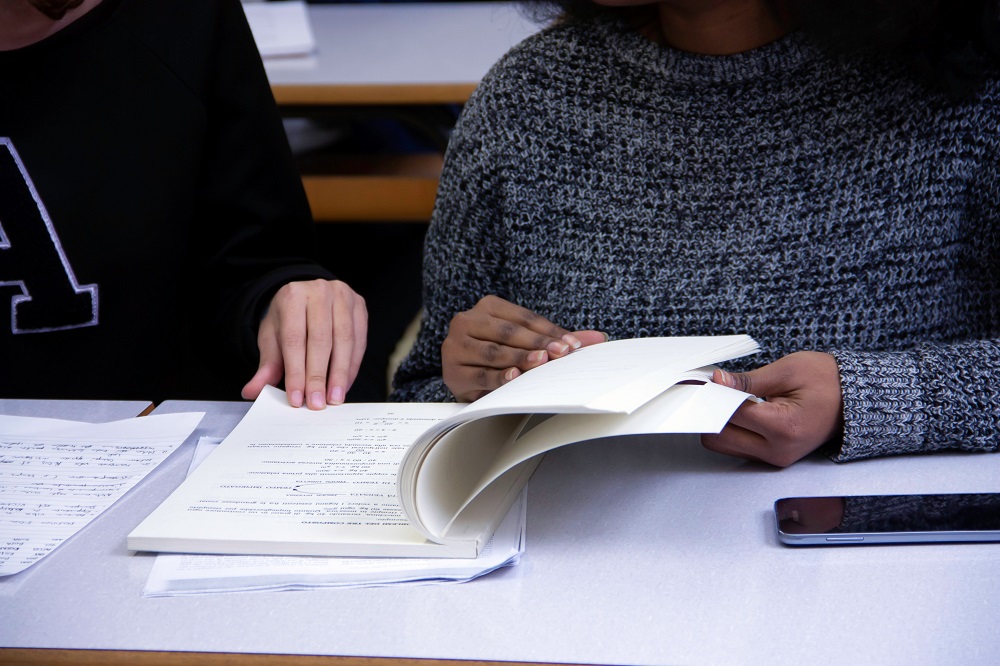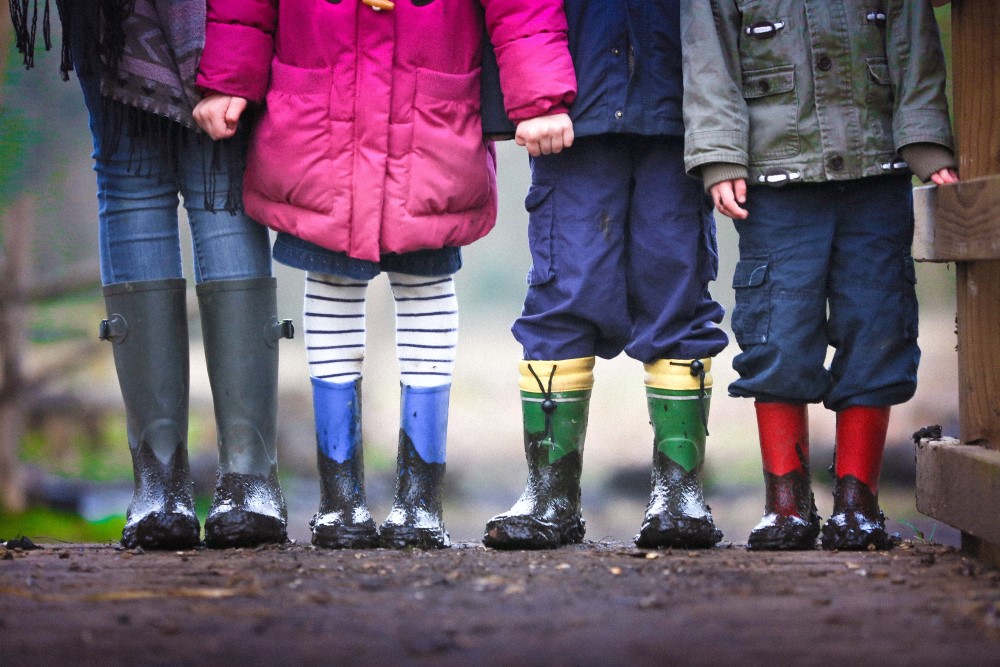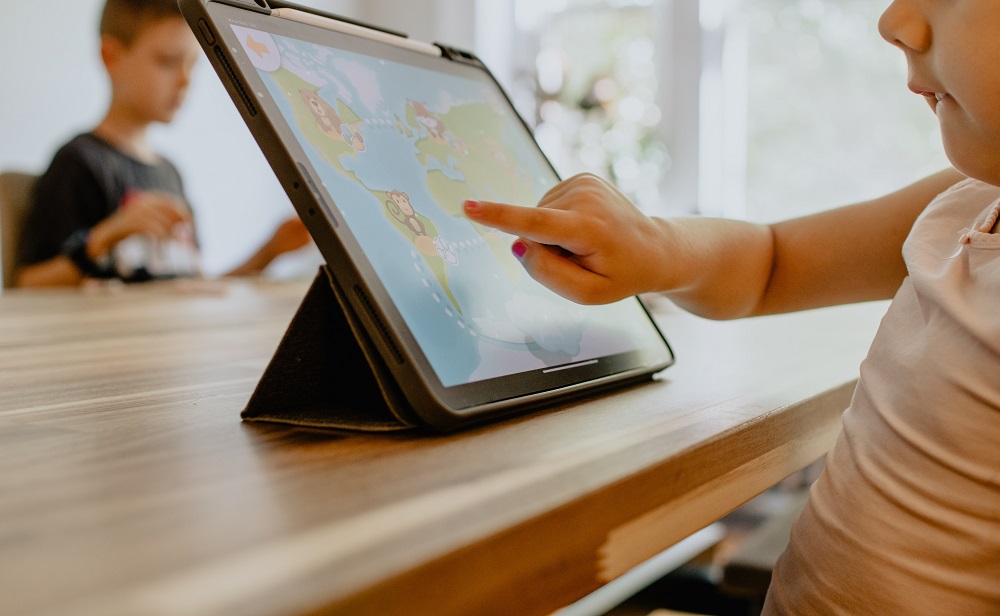Ahead of the statutory changes coming in from September 2020, our latest article looks at how important first-hand experience is when teaching online safety in schools.Our Director of Education Colin Green provides this powerful overview below.
Mason took a running jump into the deep end. The water parted with a huge splash and he disappeared. A few moments later he resurfaced and treading water he called to his younger brother to join him. Joshua a took similar leap. He almost immediately bobbed back to the surface as his swimming vest did exactly as it was designed for. Both boys laughed and giggled as they were joined by Theo who was also in his swimming vest. I floated close by, using the ‘noodles’, keeping a careful but relaxed eye on the children enjoying themselves in the warmth of the Spanish sun.
Skills are taught and take time to aquire
Of course, this hadn’t just happened. It had taken time. Mason had years of learning prior to removing his swimming aids. Some of it was formal, some of it informal. And now he was a skilled, competent and confident swimmer. Joshua and Theo were treading a similar path. They had lessons. They had family sessions in very controlled and supervised environments. They were gaining confidence supported by a variety of aids and activities.
Swimming of course is no different to much of their learning experience
They all now ride their bicycles without support, pedaling miles around the cycle paths in and around their local neighbourhood- supervised of course, protected by cycle helmets, but independently, unaided. Their reading is progressing, supported and guided. Their writing developing through practice. Their numeracy through using numbers- counting, matching, sorting. Their artwork through drawing, colouring, painting, modelling. Music through singing and listening, through playing improvised instruments.
Every primary school in which I have ever worked recognised the importance of first-hand experience in learning. And yet when it comes to online safety teaching so many schools struggle with the concept.
First-hand experience is the fundamental basis of learning.
The online world is no different. With an increased focus on Online Safety and with the statutory implementation of Relationships Education, the provision of first-hand experience for children in the primary school is fundamental.
The Ofcom Report into Children’s Media Use and Attitudes 2019 (published February 2020) offers a glimpse into children’s lives outside school. Half of ten-year-olds now own their own smartphone. Children’s use of social media is diversifying with the significant growth of the use of WhatsApp and TikTok. Almost half of girls aged 5-15 now play games online. Children are seeing more hateful content online than they used to. Parents are increasingly concerned- fewer feeling the benefits of the Internet outweighing the risks compared to 5 years ago. And yet many schools have failed to move with the times.
The Social Web is a part of children’s lives from an increasingly young age.
Children not only view, chat, share and friend through social media, but through games too. Indeed viewing, gaming and social media is becoming increasingly blurred. Children’s engagement with the Social Web is fully developed and yet much teaching about it, where it does take place, is so often through offline activity. Even quality online resources provided through credible sources such as ThinkUKnow or ProjectEvolve don’t allow for children to engage for themselves in meaningful first-hand online social activity.
Schools need to provide opportunities for children to engage in online communication and collaboration.
Children should be able to have supervised access to safe online spaces through which to develop their skills, their knowledge and understanding. This would provide not only a safe space for children to develop and refine their skills, but it would also provide a counterbalance to what they see and hear through their unsupervised access out of school. Schools would be able to teach effectively the similarities and differences between online and offline communication, the issue of digital footprints, and impact on relationships and reputation. Children would be able to learn through quality teaching about how to disagree online whilst maintaining respect for different viewpoints.
Relationships Education brings with it many opportunities to improve the learning of primary-aged children.
But the opportunities to teach children about the difference between online and offline friendships and what sort of boundaries are appropriate, how respect is shown in different contexts, how the same principles apply to online relationships as to face-to-face ones and how to stay safe and respond appropriately to people they may encounter online, may only be achieved by giving children opportunities to explore these through structured first-hand experience. It requires both formal and informal opportunities to explore and experience the Social Web in safe, secure online environments.
At present too many of our children are in the deep water, learning to swim themselves without appropriate safety equipment or instruction. It’s time to make a change. It’s time to give children access to first-hand experience in safe online spaces with effective teaching intervention.
More information
If you would like more information on how we can help you prepare for September 2020, please contact one of our team.

 Australia
Australia Canada
Canada LATAM
LATAM New Zealand
New Zealand UAE
UAE United States
United States








